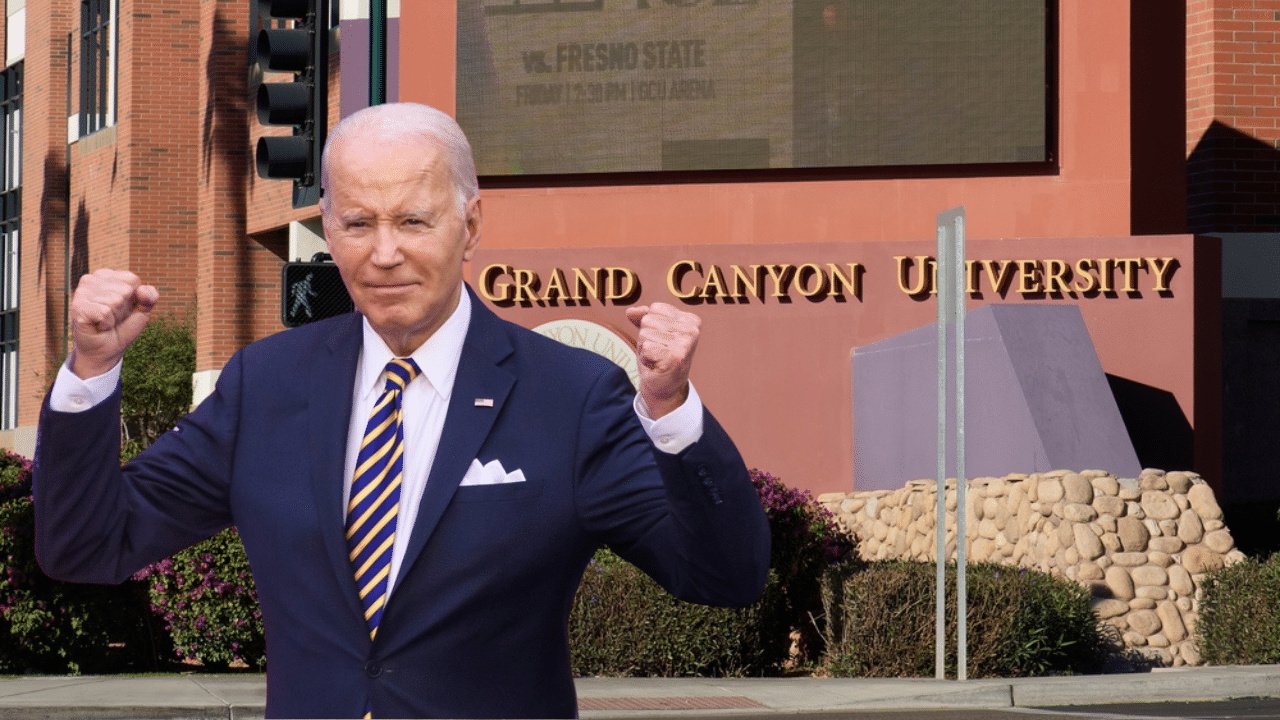(OPINION) ETH – One of Harvard’s top astrophysicists has come forward claiming that astronomers may have detected the first spacecraft of an alien civilization but he says the public is being denied further tantalizing discoveries due to the narrow-minded thinking that pervades academia on the subject.
Professor Avi Loeb of Harvard University’s astronomy department believes that the event transpired back in October 2017, when an unusually thin, elongated object was seen by astronomers and was deemed as nothing seen before. The strange object even accelerated as it left our solar system.
The mysterious object was named ‘Oumuamua, and its many abnormalities, such as its constantly fluctuating brightness, caused problems for scientists because it did not fit the normal conventions of a space object, leading some to say they “wished it had never existed”.
However, the chair of Harvard University’s astronomy department was excited about the abnormalities of ‘Oumuamua, and the fact it was the first interstellar object that had been detected passing through our solar system. After studying the data, Loeb announced: “the high likelihood that ‘Oumuamua was of artificial origin”.
Loeb recently spoke to RT from his office at Harvard, where the Professor put forward his theory that “we are probably nothing special, and there were many technological civilizations like ours throughout cosmic history” and argues that there must be a focus on funding for “technological signatures of extraterrestrial civilizations”.
Among the things that could be searched for, he says, are “mega-structures, industrial pollution, and relics of spacecraft”. In which the latter of these Loeb believes is what he discovered in 2017, stating that he believes the object may have drifted through our solar system.
The professor went further to say that he believes that more such discoveries will be happening in the future, but many will be denied to us because “people will be ridiculed and ideas never pursued”, describing any consideration of intelligent life beyond earth as being a serious “taboo in the astronomy community” to the extent that younger scientists even shy away from specific lines of inquiry.
He goes further to state that “In the case of ‘Oumuamua, there’s no denying that there are perplexing elements. Scientists remain baffled over how it accelerated out of our solar system at an unusual angle. Professor Loeb believes this was due to it being “pushed by sunlight reflecting off its surface” because it was “moving too fast to be bound to the sun”
and he further states that he believes that its abnormal shape acted like “a sail on a boat because, in the vacuum of space, a large, thin object can be accelerated by sunlight” and wonders if the object had an advanced “sun-sail” that an extraterrestrial civilization could use to travel through space.

















